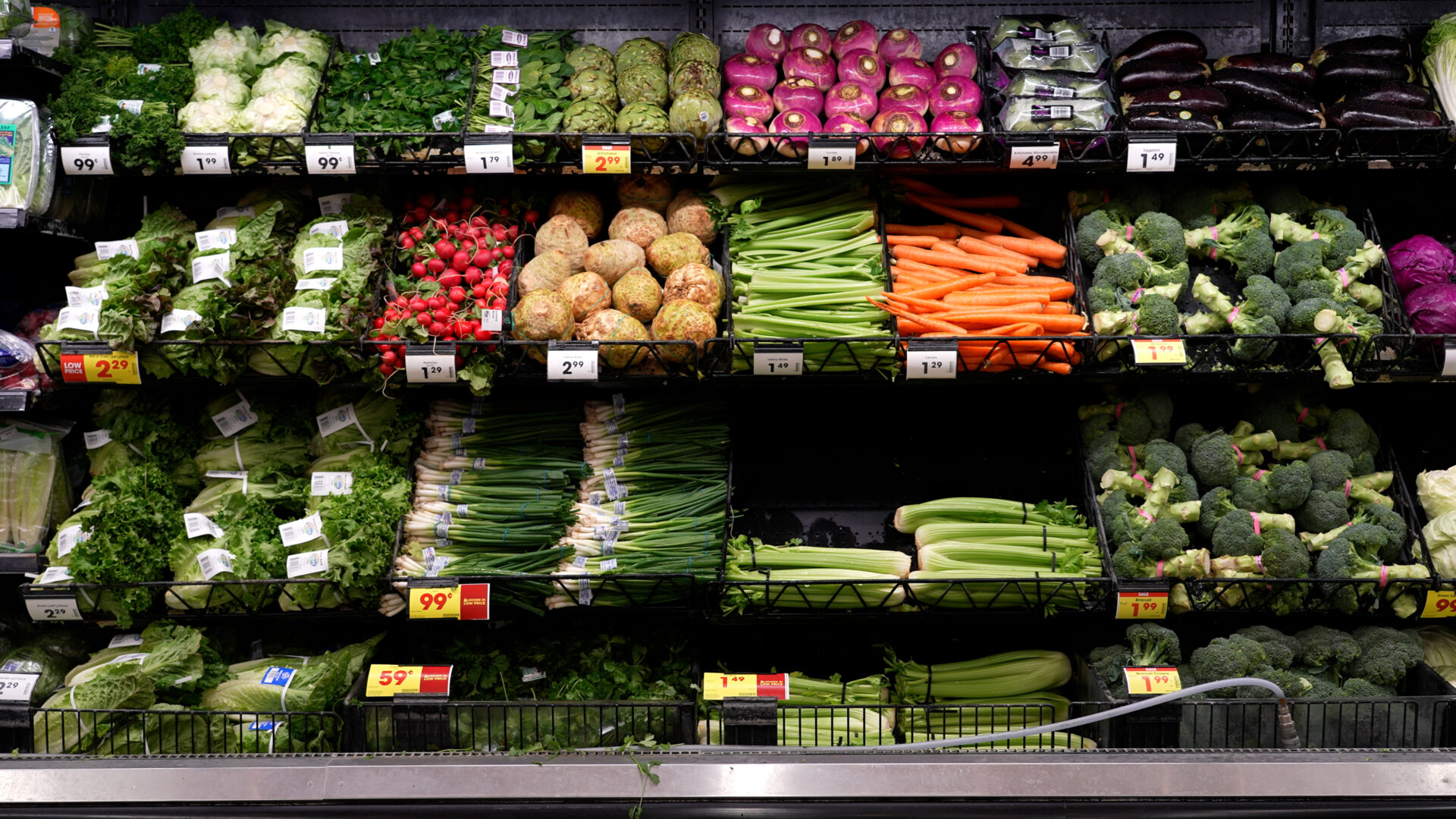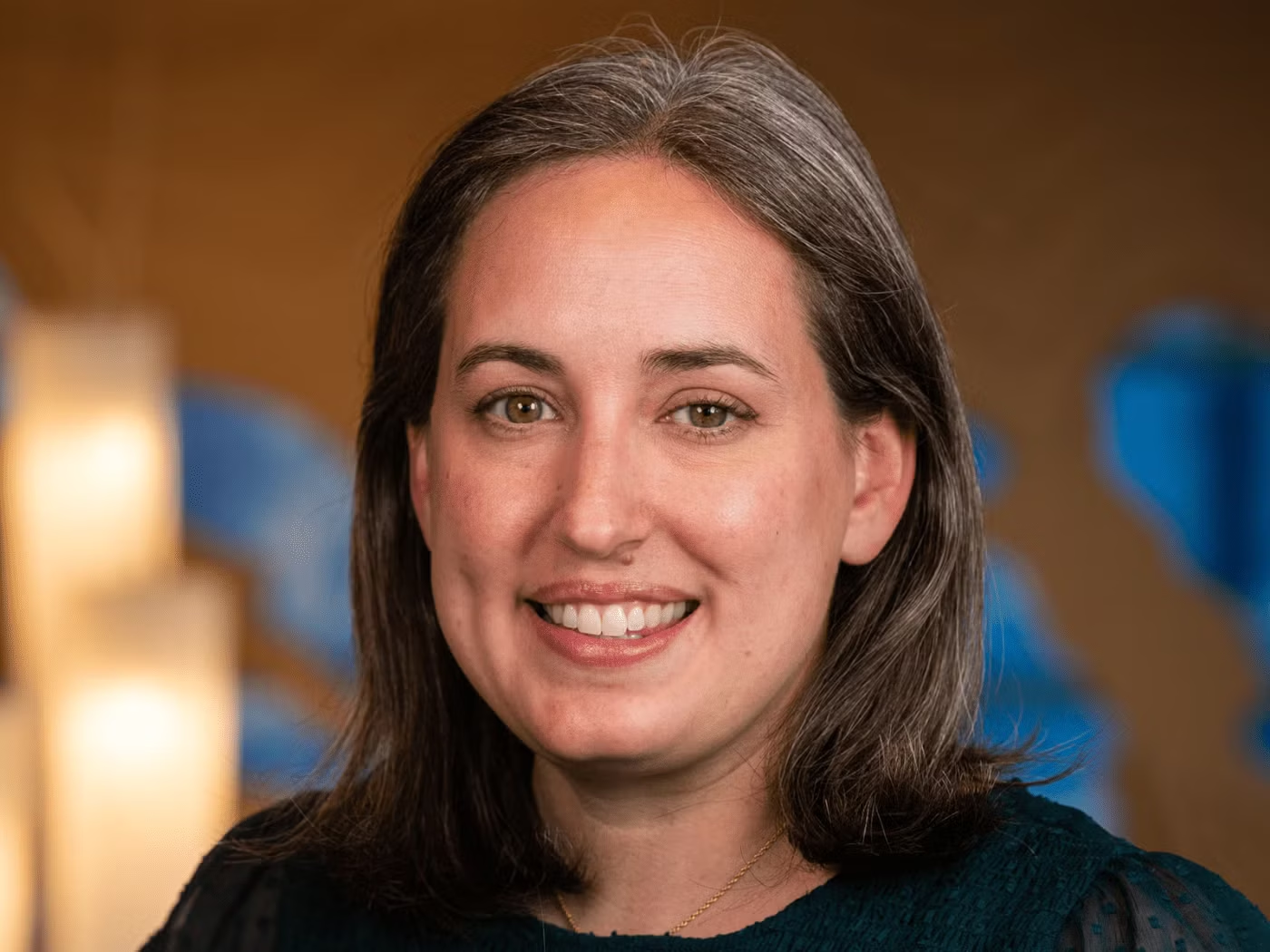Unlocking the Potential of Food Is Medicine Initiatives in America
Many Americans are ready to embrace the idea of addressing chronic illnesses through food is medicine programs, yet the accessibility of such initiatives varies significantly across the country.
Devon Klatell, VP of food at Rockefeller Foundation, acknowledges the fragmented nature of these programs. “It’s fragmented right now,” she says, noting that these initiatives have gained traction over the last five years but lack consistency in availability across states.
“That’s part of why we’re doing all the investment [in the space],” Klatell adds. “We’re trying to build a research and evidence base, and advocacy and education push, to show that these programs work really well for some patients, and that all those patients across the country should have equal access to them.”
Since 2019, the Rockefeller Foundation has actively invested in research and support for food is medicine programs, recognizing that the U.S. spends approximately $1.1 trillion annually on healthcare costs associated with dietary choices. These programs aim to combat diet-related chronic diseases.
Consumer sentiment reflects this need for change: a recent survey conducted by the Rockefeller Foundation revealed that 84% of Americans believe that food is medicine programs can enhance health quality in the U.S.
What Exactly Is ‘Food Is Medicine’?
The concept of food as medicine goes beyond merely eating healthier for weight loss or general well-being. According to the Rockefeller Foundation, it is defined as “a way to treat and prevent diet-related medical conditions by providing patients with access to healthy foods, education around cooking and nutrition, and support for adopting healthy eating habits into their everyday lives.”
“We think of it as a medical treatment,” says Klatell. “You have to be eligible for [a program], and it has to come through the healthcare system.”
Food is Medicine programs typically include three essential components:
- Access to food: These programs provide actual food, rather than just teaching about healthy eating, often via food prescriptions or meal delivery initiatives.
- Health improvement focus: They target patients with diet-related conditions specifically.
- Healthcare partnership: Referrals to these programs usually come from healthcare providers.
Bridging Awareness Gaps
Despite the promising potential, awareness of food is medicine programs remains low in the U.S. Only 13% of the public and 32% of healthcare workers reported being familiar with these initiatives prior to the survey.
However, upon learning about the concept, enthusiasm surged. According to Paige Rice, a director of research at Hattaway Communications, many expressed a strong desire to integrate these programs into their healthcare practices. “People got it, immediately,” she notes. “As soon as we showed them a definition, they were eager to ask their doctors about it.”
In total, 85% of healthcare workers were willing to recommend food is medicine programs, while 79% of the public believed these initiatives could improve their eating habits.
Despite this enthusiasm, skepticism exists regarding patients’ willingness to change their diets. While half of the patients surveyed by the Foundation showed readiness to adjust their eating habits, only 25% of healthcare providers believed they would follow through.

Transforming Health: Medicate with Food, Not Drugs
Education plays a crucial role in overcoming behavioral hurdles associated with dietary changes. Many programs supported by the Rockefeller Foundation incorporate educational elements. For example, a partnership with the Veterans Health Administration allows veterans to enroll in cooking classes, helping them utilize the foods they receive through programs like the Eat Well initiative, which includes produce prescriptions.
A disabled veteran involved in the Eat Well program shared, “This has changed my eating habits for the rest of my life. Instead of medicating us with drugs, medicate us with a produce prescription.” In fact, nearly 90% of patients surveyed expressed a preference for managing their conditions through healthy eating over medication.
The Financial Barriers
Unfortunately, the high cost of healthier food remains a significant obstacle. According to the Foundation’s survey, 49% of the public and 67% of healthcare workers cited food affordability as the biggest challenge to eating well.
The Role of Insurance Providers
Addressing this financial barrier would require insurance companies to cover food is medicine programs. Klatell emphasizes that over 80% of survey respondents supported insurance coverage for these initiatives. Currently, around 16 states have a Medicaid waiver allowing the offering of food is medicine programs, while some private insurers like Humana, Blue Cross Blue Shield Massachusetts, and UnitedHealthcare are experimenting with these initiatives.
“That’s really energized us to invest in more education that these programs do exist and that folks should be vocal about wanting them to be part of healthcare in the US,” Klatell states. “When we started this work in 2019, we recognized that diet-related diseases are a significant issue, and we need to activate partners in healthcare to guide patients toward healthier eating as a realistic goal.”



